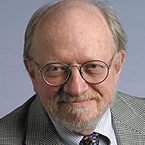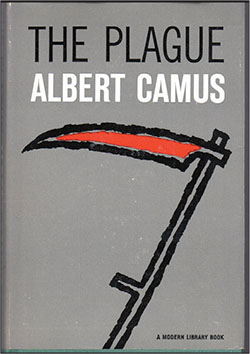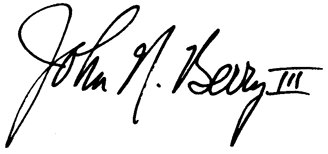Strength from Our Work | Blatant Berry
My postelection depression was triggered by all the rancid rhetoric coupled with the fear and deep concern brought on by the bomb mailings and the killings of two in a market in Louisville, KY, and 11 worshippers at a synagogue in Pittsburgh.
 My postelection depression was triggered by all the rancid rhetoric coupled with the fear and deep concern brought on by the bomb mailings and the killings of two in a market in Louisville, KY, and 11 worshippers at a synagogue in Pittsburgh. It all sent me searching back through my own life to find guidance, some relief, and a positive lesson or meaning in the turmoil. I was pleased with the election results but unhappy at the prospect of more years of divided and dysfunctional government.
My postelection depression was triggered by all the rancid rhetoric coupled with the fear and deep concern brought on by the bomb mailings and the killings of two in a market in Louisville, KY, and 11 worshippers at a synagogue in Pittsburgh. It all sent me searching back through my own life to find guidance, some relief, and a positive lesson or meaning in the turmoil. I was pleased with the election results but unhappy at the prospect of more years of divided and dysfunctional government.
I paused to read again Albert Camus’s 1947 novel The Plague. Always a favorite, it was the book that helped me shed the right-wing Republican orthodoxy of my paternal family, allowing me to become a liberated liberal Democrat. I first read the book on assignment as an undergraduate at Boston University.
 After two years as a draftee in the U.S. Army, I was discharged into the hard times of the Fifties near Boston. Hired by a small public library, I was quickly recruited to the library profession and enrolled in the School of Library Science at Boston’s Simmons College (now Simmons University).
After two years as a draftee in the U.S. Army, I was discharged into the hard times of the Fifties near Boston. Hired by a small public library, I was quickly recruited to the library profession and enrolled in the School of Library Science at Boston’s Simmons College (now Simmons University).
At Simmons I studied under Professor Sigrid Edge, about whom I have written here before. It was Edge who solidified and strengthened my commitment to librarianship and to the power of information and continuing education for adults, especially immigrants. It was her strong belief in libraries to deliver, and in democracy to govern, a good society that converted me to my left-leaning ideology. It was Camus and others who gave me the existential philosophy that made substance and some understanding of life possible.
An existentialist librarian’s view
In The Plague, Camus tells us that the struggle against ignorance, fear, and fascism is endless. We are called to join the battle to suppress those forces again and again, each time they emerge from the dark recesses of human society.
“He knew that the tale he had to tell could not be one of final victory. It could be only the record of what had to be done, and what assuredly would have to be done again in the never-ending fight against terror and its relentless onslaughts,” Camus wrote.
We librarians know that among those forces, ignorance is never completely defeated. The need to inform and educate ourselves and those we serve is never totally fulfilled. So we are inspired to continue our work by the uplifting impact of the struggle and the joy we get from the small victories over the unenlightened that we occasionally achieve.
We also get encouragement to continue from another point Camus makes: “What we learn in time of pestilence: that there are more things to admire in men than to despise.”
Despite frequent frustrations and the constant pressure of evil trying to prevail, the real victory is that we and those we serve gain knowledge and strength through the struggle. That is almost optimistic enough and compensation enough for this exalted work.

RELATED
ALREADY A SUBSCRIBER? LOG IN
We are currently offering this content for free. Sign up now to activate your personal profile, where you can save articles for future viewing









Add Comment :-
Comment Policy:
Comment should not be empty !!!